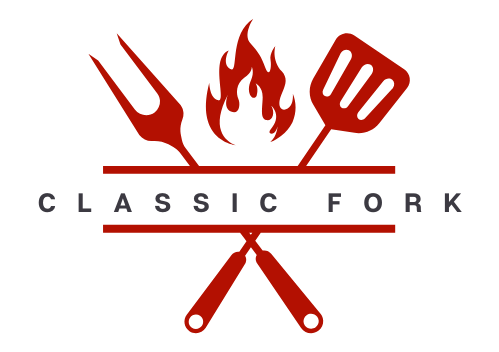I Made These FREE Vintage Recipe Tools JUST For You
This recipe was created with help from AI tools and carefully reviewed by a human. For more on how we use AI on this site, check out our Editorial Policy. Classic Fork earns a small commission from Amazon and other affiliate links at no extra cost to you, helping us keep our content free and honest.
Why Vinegar Was in Everything in the 1700s
If you peeked into a colonial kitchen in the 1700s, you’d likely find a big jug of vinegar—and it wasn’t just for salad dressing. Vinegar had a job in nearly every part of daily life. People cooked with it, cleaned with it, preserved food with it, and even tried to cure illnesses with it.
Vinegar wasn’t just handy. It was essential.
What Would You Cook in Wartime?
Step back in time and discover what you could make with limited wartime rations
A Household Medicine Cabinet
Colonists believed vinegar could cool the body, fight fevers, and prevent infection. Some drank diluted vinegar as a daily tonic, hoping it would keep sickness at bay.
If someone was feeling weak or sluggish, a spoonful of vinegar was a common fix. It wasn’t always pleasant, but it was trusted. Some even dabbed it on wounds or mixed it with herbs to treat sore throats.
The Go-To Cleaner
Before bleach and disinfectant sprays, vinegar was the cleaner of choice. People scrubbed floors, tables, tools—anything that needed freshening up—with strong vinegar.
Back then, bad smells were thought to cause illness, so vinegar was also used to purify the air. A cloth soaked in vinegar might be waved around the house or hung by the door.
Long-Term Food Saver
Vinegar’s acidity made it perfect for keeping food safe without refrigeration.
Pickles weren’t just a snack—they were a survival tool. Colonists soaked cucumbers, onions, berries, and even meat in vinegar to stretch their shelf life through the seasons.
A properly sealed vinegar jar could keep food good for months.
Adds Flavor and Balance
Vinegar wasn’t just practical—it made food taste better. It added brightness to heavy meats, balanced out salty dishes, and gave sauces a sharp edge.
Colonial recipes often included a splash of vinegar in gravies, marinades, or broths. Shrubs (drinking vinegars) were also popular—fruit, sugar, and vinegar mixed into a refreshing drink.
Used in Trade and Diplomacy
Believe it or not, vinegar also played a small role in trade and cultural exchange. Like rum or tobacco, it was part of gift-giving and diplomacy, especially in dealings between colonists and Native American tribes.
Its value wasn’t just in taste—it symbolized usefulness and good will.
Final Pour
In the 1700s, vinegar wasn’t an extra—it was a necessity. It cleaned homes, preserved food, treated sickness, and flavored just about everything.
If you only had room for one tool in your colonial kitchen, you’d probably grab the vinegar jug.

